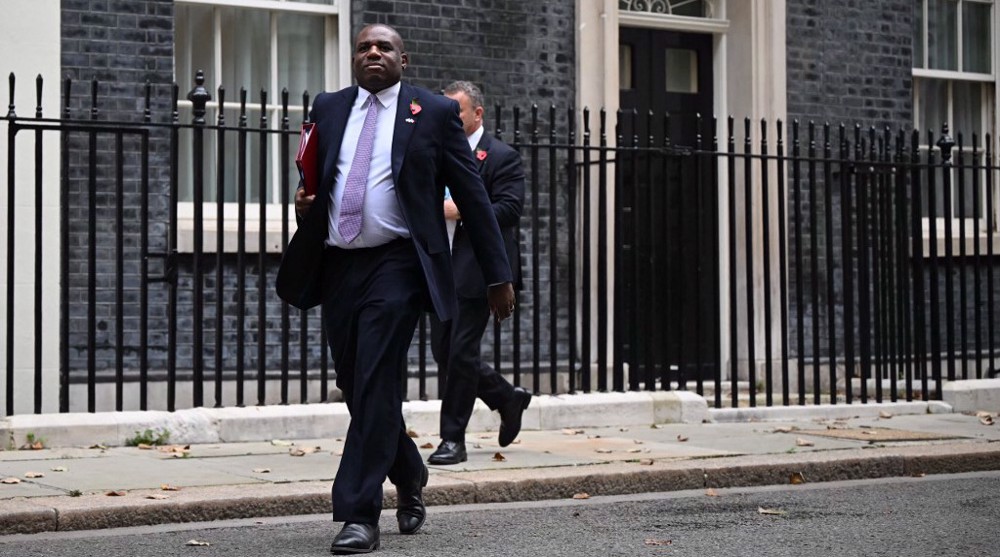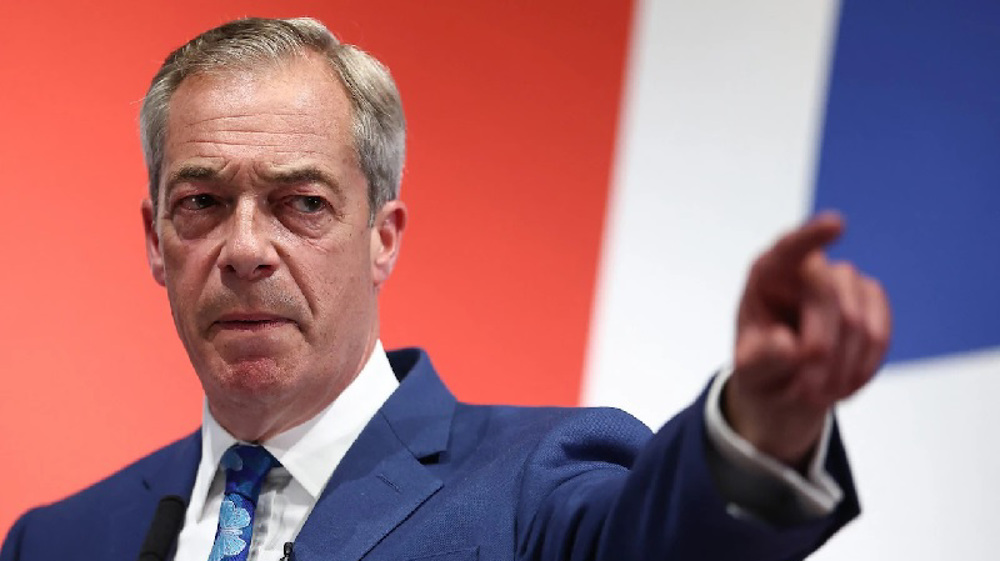UK polls show May's lead over Labor Party cut in half after terror attack
Latest opinion polls in the UK have shown that British Prime Minister Theresa May’s lead of 12 points over the opposition Labour Party has shrunk to only six percent following the Manchester terror attack.
Four opinion polls published on Saturday indicated that May's lead had narrowed by a range of two to six percentage points, illustrating that the upcoming June 8 election might end up being much closer than previously thought when she called for the snap vote.
According to an ORB poll cited in a Reuters report, May’s Conservative Party holds the lead with 44 percent while the Labor Party comes second with 38 percent, and Liberal Democrats in a distant third position with seven percent followed by the far-right UK Independence Party favored by only four percent of those polled on May 24-25, after the Manchester terror incident.
"The campaign has changed," said ORB International’s Managing Director Johnny Heald as quoted in the report. "Expect to see a forensic focus on Brexit and security over the next two weeks."
Another pollster, Opinium, also announced that May's lead had slipped to 10 percentage points, down from 13 points the week before and from 19 percentage points on April 19. Its online survey of 2,002 people was conducted between May 23 and 24.
Moreover, ComRes, which carried out an online poll of 2,024 on May 24-26, said the lead of the ruling Tory party had dropped to 12 percentage points from 18 percentage points in a comparable poll on May 13.
Read more:
ORB further said its online poll conducted between May 24-25 showed the prime minister’s lead had halved to merely six percentage points.
A YouGov survey of 2,003 people between May 25-26 also indicated that May's lead had narrowed to seven percentage points from nine a week ago.
The latest polls pointed to a complicated representation of UK’s public opinion, with people’s current voting intentions being influenced by both the Manchester attack and the Conservative prime minister’s unpopular social care proposals.
This is while May called the snap election in an effort to reinforce her negotiation position on Britain's exit from the European Union, to win more time to deal with the impact of the separation and to strengthen her grip on the Conservative Party.
However, the report added, if she fails to decisively beat the 12-seat majority her predecessor David Cameron won in 2015, “her electoral gamble will have failed and her authority could be undermined just as she enters formal Brexit negotiations.”
Polls had already indicated May's lead was shrinking over the past month and they dropped sharply after she set out plans on May 18 to make some elderly people pay a greater share of their healthcare costs, a proposal slammed by opponents as the "dementia tax."
Israeli forces kill 7 more Palestinians in West Bank
Israel’s Netanyahu dismisses military affairs minister Gallant
Hezbollah attacks turn Israel’s Haifa into a ghost town
Iran’s FM meets Pakistani PM, discusses bilateral ties, Israeli atrocities
Iran ramps up gasoline output amid rising demand
UK foreign secretary under pressure over denial of genocide in Gaza
VIDEO | Press TV's news headlines
Hezbollah bombards explosives factory in occupied territories













 This makes it easy to access the Press TV website
This makes it easy to access the Press TV website